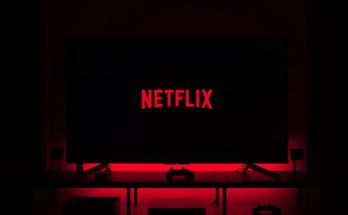By Charles Miller
This week, I found myself right in the middle of a major news event, seeing it to some extent from the inside. The Houston Chronicle headlined a story “Appointments rescheduled at St. Luke’s Health in Houston following IT security incident. The security incident, the details of which have not been released, has affected health care providers throughout the country.” The hospital might not have released details, but I have some. My younger brother is now in the Intensive Care Unit at St. Luke’s fighting for his life, so that article was significant to me personally as I sat in the ICU with him. Had I not already been informed by the hospital staff, I would have been alarmed to read in the newspaper about the hacking.
In a statement to the news media St. Luke’s explained, “As a precautionary step, we have taken certain IT systems offline, which may include electronic health record (EHR) systems and other systems. Our facilities are following existing protocols for system outages and taking steps to minimize the disruption.”
CommonSpirit Health is one of the largest hospital chains in the US with 140 hospitals in 21 states serving 20 million Americans. In its coverage, NBC News added that multiple facilities have been impacted by ransomware attacks while other media reported that CHI Memorial Hospital (Tennessee), St. Luke’s hospitals (Texas), and Virginia Mason Franciscan Health (Seattle) were all impacted.
All the doctors, nurses, and support staff in Houston were highly professional in dealing with this emergency. To this observer it seemed they immediately transitioned from using their computers to more time-consuming paper records—then kept right on working. They were open and forthcoming with me about what was happening, otherwise it might have been alarming to have doctors come into my brother’s room asking questions like: “Do you know who this unconscious fellow in the bed is?” “Can you tell me about his medical history?” “Do you know what drugs we’ve been giving him?” In every case, the doctors and nurses were just making sure they had the correct paperwork because they had no access to electronic health records. It made me glad to be useful, though I would prefer being back in San Miguel, and so would my brother.
I understand the security breach led to delayed surgeries and hold-ups in patient care in addition to rescheduling appointments in order to adequately serve those already hospitalized. It slowed things down not having access to computer systems, and it probably created a backlog of work that will take time to make up. I am not aware if any lives were put in serious danger during this hacking incident though I cannot say the same for the hackers if they are ever identified.
I have unanswered questions, but as an information technology professional I understand how revealing too many details might help the hackers. This incident underscores how the growing number of ransomware attacks on healthcare systems put patients at risk.
Charles Miller is a freelance computer consultant, a frequent visitor to San Miguel since 1981 and now practically a full-time resident. He may be contacted at email FAQ8@SMAguru.com.




